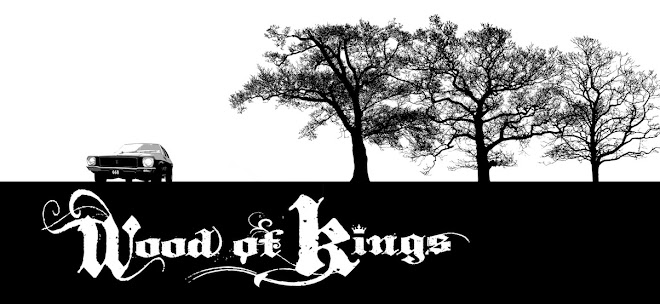I got quite a lot of positive response to my post about Neil the Penguin. Many you seemed to be very interested in the writing process. While the main purpose of this blog is to discuss my mad little projects I don't mind taking a bit of time out to talk about my "day job". So I'd like to share this wee gem with any film makers out there.
This is from the excellent book: 101 THINGS I LEARNED IN FILM SCHOOL By Neil Landau with Mathew Frederick
Turn straight to page 52
SIGNS OF A NOVICE FILMMAKER
1. On-the-nose dialogue in which characters say exactly what they're thinking in lieu of subtle exposition. *
2. Excessive use of coincidence. *
3. Flashbacks that disrupt forward momentum and take the audience out of the moment. *
4. Voiceovers explaining exactly what can be seen on screen. *
5. A perfectly good protagonist or a perfectly evil antagonist. *
6. A passive protagonist who does not choose a course of action. *
7. Flat frames lacking foreground and background enrichment.
8. Too many scenes filmed from the same distance.
9. Under active actors who recite lines without seeming to inhabit the scene.
10. Uneven lighting.
11. Poor sound quality.
12. Inattention to continuity, resulting in simple transition errors.
13. An ending that doesn't grow naturally or inevitably out of previous events. *
I see these mistakes being made over and over again by film makers. And not just those of you starting off, there are many established film makers who make these mistakes constantly.
You'll notice that I've put little stars* next to a few. These are the mistakes that are made at the script stage. It's my job to weed these little buggers out of my work.
Sadly more often than not other interested parties are responsible for putting them back in. These points are - I firmly believe - the difference between an average film and a truly special film. That's today's lesson. Happy writing you lot.


So many movies I have seen suffer from these faults. Don't they drill this into their heads at film school and don't most student who become filmmakers try to ape the style of their favorite directors? I guess it's not as easy as we all wish it was.
ReplyDeleteI would be interested in you doing a post about scriptwriting that explains to me how many really bad scripts get made into movies. I always read about script doctors who are called to 'tweet' a script. Does too many cooks in the kitchen always mean the death of a great story?